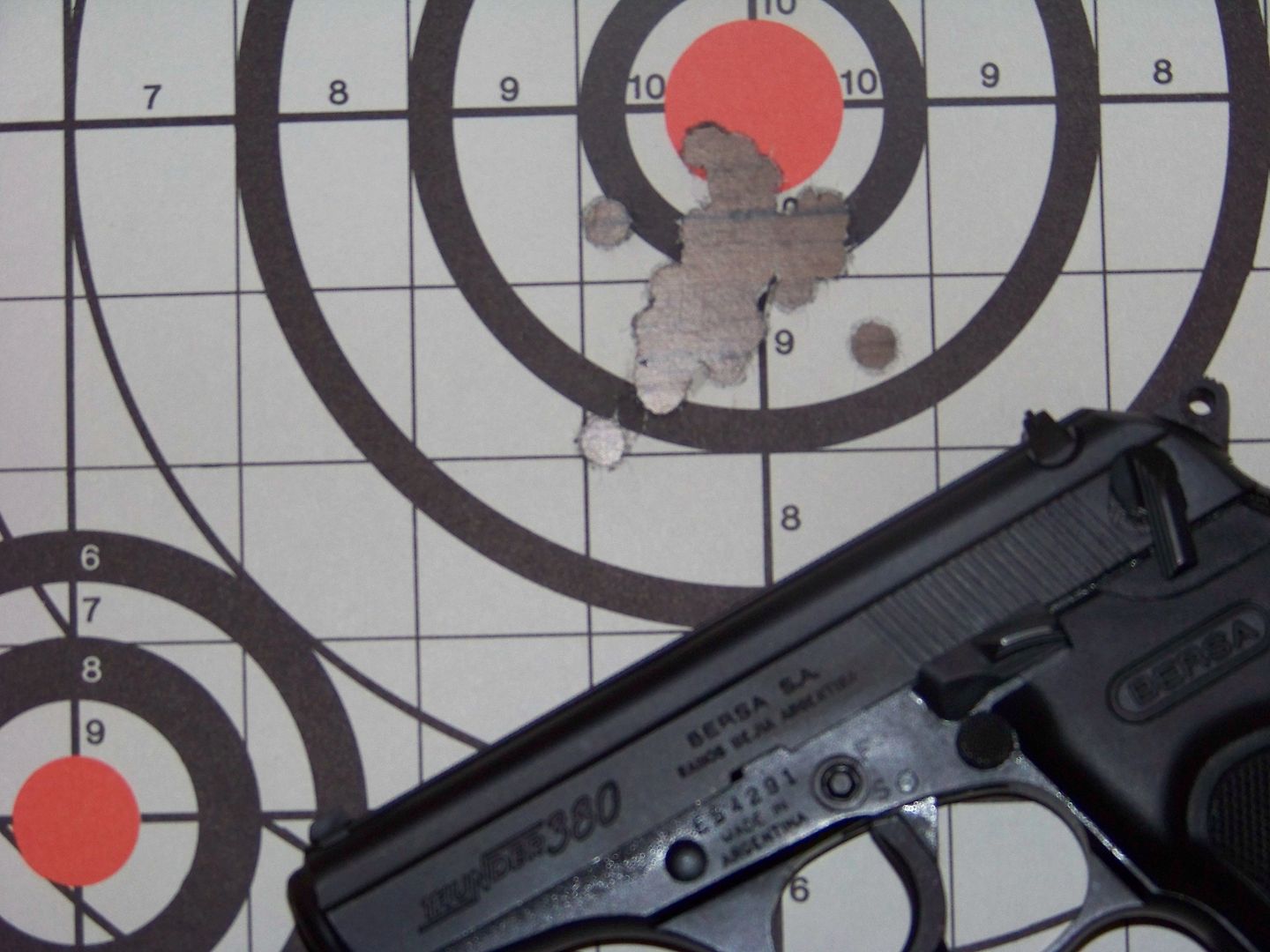I haven't read the previous replies, but I did glance over them.
It looks like I'm not jumping into the middle of a tangential discussion, so I figured I'd just share my thoughts....
I've been reloading since I was four or five years old. 'Round about six years old, I was trusted enough to be left alone to load .223 Rem, and some revolver cartridges.
For me, reloading has always been something that you just
DO if you own firearms.
It was a natural connection: Reloading : Food :: Firearms : People.
People need food. So, if you want to live, you eat.
Firearms need ammunition. So, if you want to shoot, you reload.
But, as I grew up and discovered that reloaders were the minority, I learned many of the arguments that we reloaders make to justify our hobby.
I've done the financial analysis, the quantity vs quality comparisons, and everything else you see people talk about.
What it really comes down to is that I
enjoy reloading (and bullet casting, and bullet swaging, and tinkering, and experimenting, and...). I enjoy putting together quality ammunition that I know I can trust, that I know exactly how it will perform, that was custom tailored to that particular firearm, and that I know isn't going to blow up in my face due to an equipment malfunction at some factory in Bangladesh.
As a bonus, I get to put together some loads that you don't find in stores, I get to play with cartridges that no longer have factory ammunition available, and, it just so happens, I save some money doing it (versus buying commercial ammunition).
For some cartridges (like 9mm), I don't save much.
For some cartridges, it's more about the specialty loads (like 215 gr Woodleigh WeldCores in 7.62x54R, or .444 Marlin launching a 437 gr cast bullet of my own desing).
But, for some cartridges, it really does save quite a bit of money. The 7.62x54R with 215 gr Woodleighs is a good example, again: Costs me about $17 to put together a box of 20 rounds. The closest factory offering, with an inferior bullet, retails for $97-140 per box (20)

, depending upon availability and the time of year.
And then there are the wildcats...
That's a whole 'nother can of worms. The short version is that I never would have imagined myself owning four wildcats, even just 10 years ago. But, here I am.
And, unlike 10 years ago, there are actually quite a few companies offering commercial ammunition for some 'popular' wildcats (three of mine qualify). But, even still... I typically "save" 30-70% by loading my own.
------
If you just want to keep the argument on 9mm...
I don't feel like digging through my stuff to calculate everything right now, but last time I ran the numbers, they were roughly:
(based on what I
PAID for the components - not current replacement cost, because the market is
ridiculous at the moment)
9mm with 'expensive' bullets (JHPs): about $8.50 / box of 50.
9mm with commercial lead bullets (122 gr LFP): $4.89 / box.
The JHP load would probably be over $10 a box.
The load with lead bullets is likely to be at least $2 / box higher now, possibly as much as $3.
...And that's with free brass (range pickup - I never buy 9mm brass) and powder charges under 5 gr.
If you only look at 9mm, it can be difficult to justify the expense of the equipment, and the time required for the task.
But if you reload even a single rifle cartridge (other than .223/5.56 - and didn't shoot crap ammo before), that can completely change. Rifle cartridges are where most people really make the reloading equipment "pay". I average at least a $12 savings per box (20) of rifle ammo, but, often, the difference between my cost and comparable factory ammo is $30-40
per box (well over $1 per round). And, as mentioned above, some loads offer a savings of
over $100 per box.

